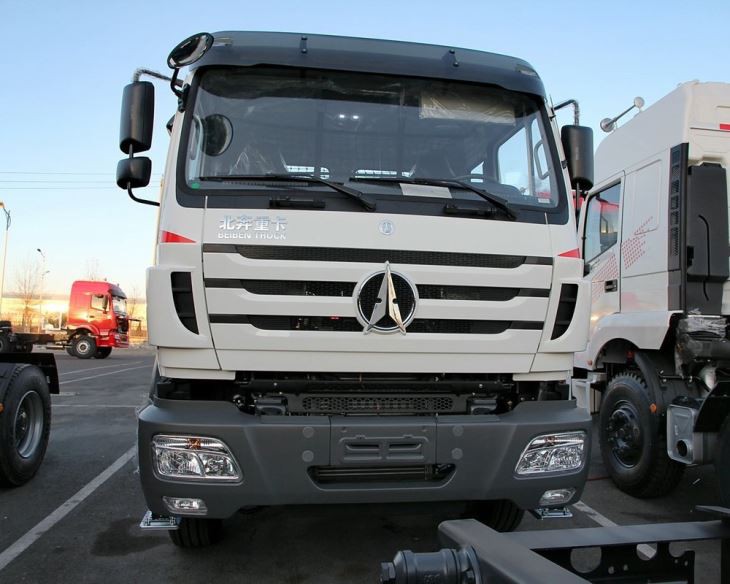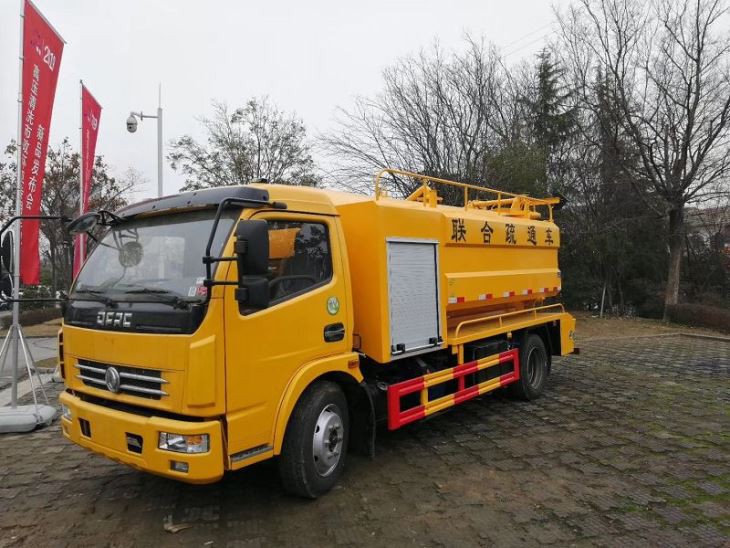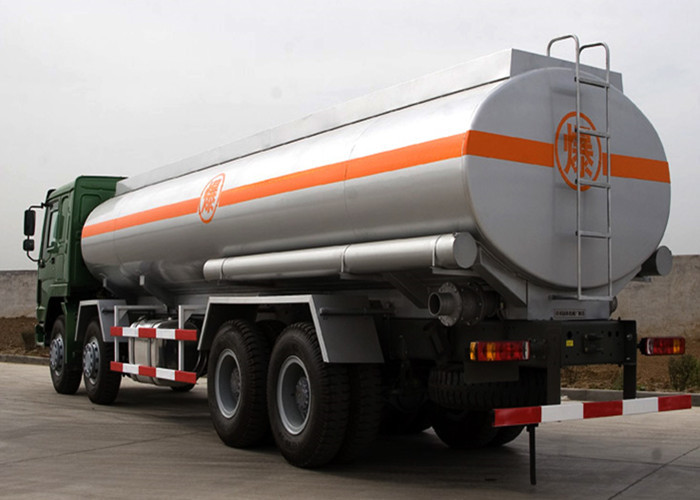In today’s fast-paced world, businesses focused on transporting perishable goods know the importance of reliable refrigeration equipment. A reefer van for sale can meet the needs of these businesses, providing a temperature-controlled environment for fresh produce, pharmaceuticals, and other sensitive products. In this article, we will explore everything you need to know about reefer vans, from their features to how to choose the right one for your needs.
What is a Reefer Van?
A reefer van, short for refrigerated van, is a vehicle specifically designed to transport temperature-sensitive goods. These vans are equipped with advanced refrigeration systems that maintain a consistent temperature, ensuring that products remain fresh during transit. Reefer vans are commonly used in various industries, including food delivery, pharmaceuticals, and floral logistics.
Key Features of Reefer Vans
Refrigeration Unit
The most crucial component of a reefer van is its refrigeration unit. This system can either be:
- Transport Refrigeration Units: These units operate using the van’s engine or an auxiliary diesel-powered generator.
- Standby Refrigeration Units: These can be plugged into a power source while the vehicle is stationary, ensuring continuous cooling for sensitive goods.
Insulated Body
The body of a reefer van is insulated with special materials to maintain internal temperatures and prevent warmth from entering. This insulation is vital for energy efficiency and reliability.
Temperature Control
Most reefer vans come equipped with temperature control systems that allow operators to set specific temperature ranges, catering to different types of cargo. Advanced models include digital displays and monitoring systems for precise control.
Temperature Monitoring Systems
Many modern reefer vans feature integrated temperature monitoring systems that provide real-time data. This ensures the cargo is always at the required temperature, minimizing the risk of spoilage.
Loading and Unloading Ease
A reefer van should also be designed for efficient loading and unloading. Features such as wide-opening rear doors, adjustable shelves, and easy-to-reach compartments can significantly enhance usability.
Types of Reefer Vans
Small Reefer Vans
Small reefer vans are ideal for local deliveries. They typically have a payload capacity of up to 1,500 kg, making them suitable for restaurants, grocers, and small farms.
Medium Reefer Vans
Medium-sized reefer vans have a larger payload capacity (1,500 kg to 3,500 kg), making them suitable for larger businesses that require transportation of bulk products like meats and dairy.
Large Reefer Vans
Large reefer vans possess a payload capacity exceeding 3,500 kg. They are perfect for distribution centers or larger businesses that need high volumes of temperature-sensitive goods transported over long distances.
How to Choose the Right Reefer Van
Determine Your Temperature Needs
Understand the specific temperature requirements of the products you plan to transport. Some items require freezing temperatures, while others may only need refrigeration.
Consider the Size and Payload Capacity
Evaluate your business needs to decide on the appropriate van size. Consider both current and future requirements to avoid purchasing a van that can’t accommodate growth.
Evaluate the Refrigeration System
Different types of refrigeration systems are available. Some units are more energy-efficient than others, while some may provide better temperature control. Choose based on your budget and operational needs.
Assess the Vehicle’s Condition
If you’re considering a used reefer van, thoroughly inspect its condition, including the refrigeration unit, insulation, and overall vehicle maintenance records. Hiring a professional mechanic for this process is advisable.
Check Legal Requirements
Ensure the reefer van meets local regulations, especially if you plan to transport food products. Compliance with health and safety standards is vital.
Practical Examples of Reefer Van Usage
Food Distribution
Reefer vans are commonly used by food distributors. For example, a local bakery can use a small reefer van to deliver fresh bread and pastries to nearby stores, maintaining product freshness and quality.
Pharmaceutical Transport
Pharmacies and suppliers often utilize reefer vans to transport vaccines and medications that require consistent temperature control, ensuring the viability of essential health products.
Floral Delivery
Flower shops benefit from reefer vans to keep flowers fresh during transport. The controlled environment prevents wilting and damage, allowing florists to deliver high-quality products to customers.
Cost of Reefer Vans
Initial Purchase Costs
The price of a reefer van can vary considerably based on size, features, and condition:
| Type | Price Range |
|---|---|
| Small Reefer Van | $15,000 – $30,000 |
| Medium Reefer Van | $30,000 – $50,000 |
| Large Reefer Van | $50,000 – $100,000+ |
Operational Costs
Besides initial purchase costs, consider the ongoing expenses such as fuel, maintenance, insurance, and refrigeration unit operation. Efficient management can help minimize these operational costs.
Maintaining a Reefer Van
Regular Inspections
Routine inspections are essential to ensure that the refrigeration unit and the van itself are functioning efficiently. Look for signs of wear and tear or any unusual sounds from the refrigeration unit.
Cleaning and Sanitizing
Keeping the van clean, especially if transporting food products, is crucial. Regularly sanitize the interior to prevent contamination and maintain hygiene standards.
Monitoring Temperature Logs
Keep detailed logs of temperature readings to track the performance of the refrigeration unit. This is particularly important for compliance with health regulations.
Frequently Asked Questions (FAQ)
What is the average lifespan of a reefer van?
The average lifespan of a reefer van can range from 10 to 15 years, depending on how well it is maintained and the conditions in which it is operated.
Can reefer vans be used for non-refrigerated items?
Yes, reefer vans can be used to transport non-refrigerated items; however, it may not be cost-effective. Using a standard van for non-temperature-sensitive goods is often more economical.
What are the best brands of reefer vans?
Some of the best-known brands that manufacture reliable reefer vans include Ford, Mercedes-Benz, Isuzu, and Mitsubishi Fuso. These brands are known for their durability and innovation in refrigeration technology.
Is it better to buy new or used reefer vans?
This depends on your budget and business needs. New vans come with warranties and the latest technology, while used vans can provide a lower entry cost but may require more maintenance.
How much can I expect to pay for maintenance?
Regular maintenance can range from $500 to $1,500 annually, depending on the vehicle’s condition, how frequently it’s used, and what repairs are necessary.
Are there financing options available for purchasing a reefer van?
Yes, several financing options are available, including loans through banks, credit unions, and dealership financing. Leasing is another option for businesses looking for short-term solutions.


